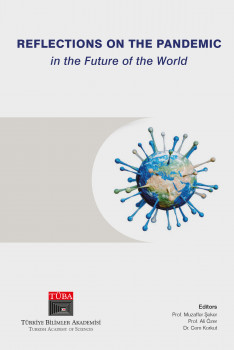National and International Agricultural Policy in the Post-pandemic Period

National and International Agricultural Policy in the Post-pandemic Period
The COVID-19 pandemic caused mobility to decrease and thus economic activities to shrink. Agricultural sector has also been adversely affected, particularly due to disruptions in the food processing and provision, economic contraction, and difficulties in accessing food. However, due to the specific characteristics of agriculture, contraction was less than other sectors. Turkey, given the variety of products being very climate of agriculture; market viability due to high demand for food products; agriculture is open to development; being close to countries with high imported food consumption; ancient agricultural culture and endemic species richness; by using the advantages well, the pandemic can be turned into important opportunities. In this section, evaluations are made by taking into consideration the specified advantages of the agricultural sector and associating them with the pandemic, and suggestions are presented for the future. Self-sufficiency in food supply, which stands out with the pandemic, will be achieved by supporting the advantage of product variety with advanced technology. Increasing tendency to access more natural, cleaner and halal food caused by the pandemic will highlight sustainable agricultural policies. The tendency to prefer rural life, which has been observed to be strengthened by the pandemic, will support reverse migration if supported by improving working and living conditions in the rural. Online digital technology solutions for provision of food forced by the pandemic will be an important tool in eliminating the current problems of the food value chain. The fall in prices due to the contraction of demand for food will requires Turkey increase food exports by using the advantage of being close to the countries depending import in food consumption. Increasing social awareness of the strategic importance of agriculture will be helpful in eliminating main problems of agriculture and the rural.
